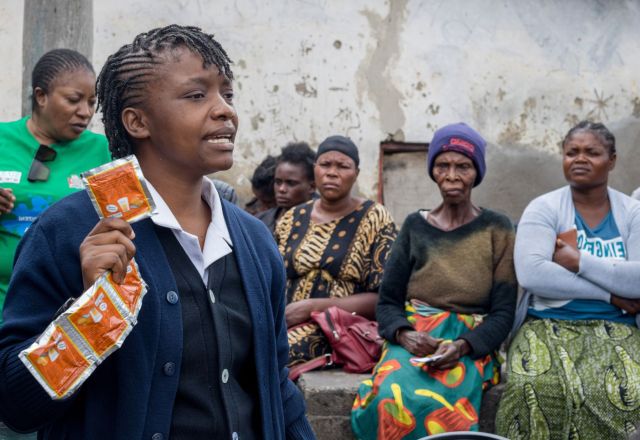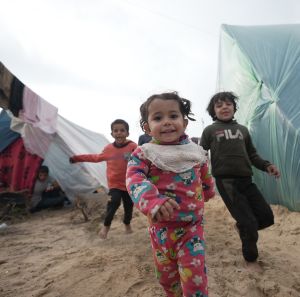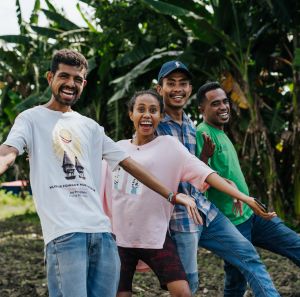
The unprecedented rate of cases and deaths is terrifying, and utterly overwhelming the health systems of these countries
- 2 mins read time
- Published: 9th February 2024
Surge Cholera Across Zambia, Zimbabwe, Malawi and Mozambique
A surge of cholera cases in Zambia, Zimbabwe, Malawi and Mozambique is overwhelming hospitals. Rising Covid 19 cases and the rainy season in these countries means that the situation could become uncontrollable.
Only 61% of the region's population has access to safe drinking water and only two out of every five people have access to adequate sanitation. This is according to Southern Africa Development Community (SADC).
- In Zambia the government has delayed the opening of schools. In the week before 4 January, Zambia’s Ministry of Health reported a 71.2% jump in cases and 175% more deaths in the country’s capital Lusaka.
- In Zimbabwe there have been 16,568 cases and 67 confirmed deaths, with a further 297 suspected deaths since February last year.
- In Mozambique there was over 37,000 cholera cases between 2022 and 2023, during the deadliest cholera outbreak in 25 years.
-
In Malawi there have been 1700 deaths since the outbreak in November 2022 and 47 cases and two deaths between November and December 2023.
Public health issues in these countries should be addressed. To stop the spread of cholera, people need improved sanitation, waste management and clean water.
The rate of spreading means that there needs to be more investment.
Governments and agencies in the region need immediate funding to swiftly
implement activities and projects that would help improve people’s hygiene
and access to clean water, since these two factors are key in the fight
against the spread,— Machinda Marongwe, Oxfam in Southern Programme Director.
The challenge with many Zambians now is information gap on how they can prevent contracting cholera and this is exacerbated with lack of access to clean and safe water but also sanitation facilities— Ezra Banda of Keepers Zambia Foundation
Oxfam and partners are working to stop the spread. Since the outbreak last year, 1.5 million people have been provided with hygiene kits and access to clean water. This has been done by drilling boreholes, installing solar powered water pumps and distribution systems in public health facilities. Awareness campaigns are being organised to help stop the spread of the outbreak.



